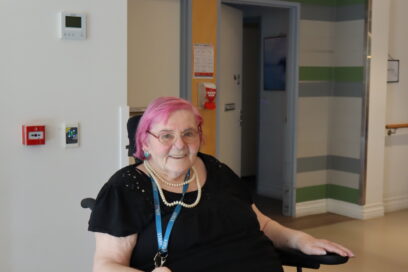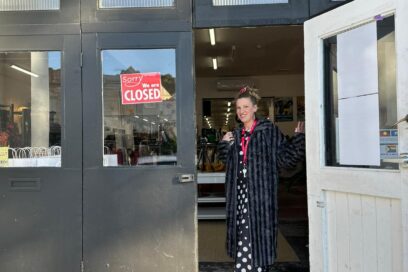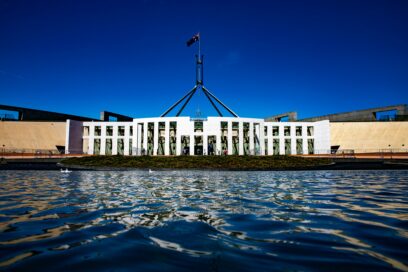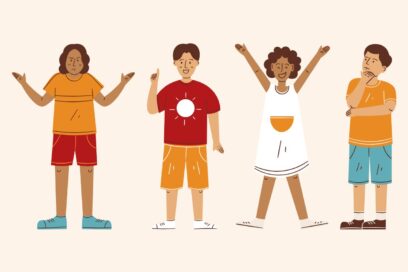Our commitment to advocacy is deeply embedded into our vision, purpose and values.
Sacred Heart Mission’s advocacy is focussed on addressing the underlying causes of deep, persistent disadvantage throughout Australia.
Ways we advocate
There are many ways to be an advocate – here are some of the main ways Sacred Heart Mission advocates on behalf of our community:
- Participating in research and evaluation – to measure the impact of our services and identify where there are gaps.
- Working collaboratively with other like-minded organisations and peak bodies, sharing knowledge and working towards joint goals.
- Raising public awareness of key issues
- Writing directly to the media or politicians
- Contributing to Victorian and Commonwealth inquiries, such as Royal Commissions and public consultations on legislation reform.
Advocacy and Strategy 2030
Sacred Heart Mission’s advocacy is linked to Strategy 2030: Serving More People and More Communities. Strategy 2030 reflects four key pillars, and our advocacy work is centred around these strategic pillars, and issues that our service participants are facing.
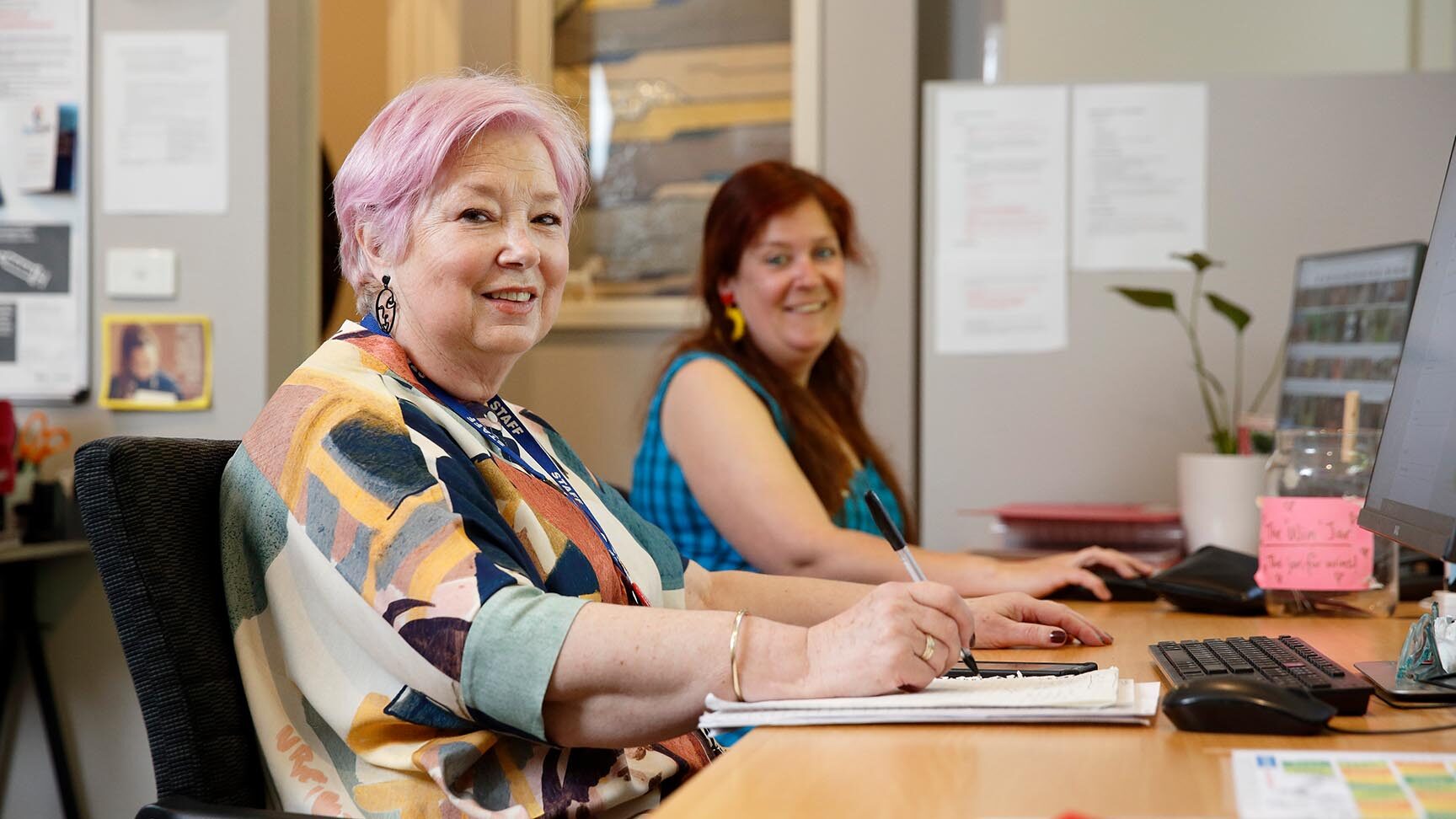
The importance of lived experience
In our advocacy work, we incorporate the experiences of our service participants, who are experts in their own lives and best placed to tell us the best ways we can support them. In late 2023, we established the Executive Advisory Group on Lived Experience (EAGLE) with ten participants who have a lived or living experience of using our services.
Together with the group, we developed the Lived Experience Advisory Framework (LEAF), which creates a roadmap for Sacred Heart Mission’s staff, volunteers and participants to work together to create positive change in people’s lives by listening, hearing and acting on lived experience voice.
The LEAF will support us to ensure that lived experience voice is embedded in all our advocacy. How we advocate is different, depending on the issue and what is likely to have the greatest positive impact. In some cases, we drive the advocacy activity – through a campaign, a policy submission or working with key stakeholders. In other cases, we join or support a larger campaign and participate in peak bodies activities.
Sacred Heart Mission considers and responds to other issues as they arise, including issues that are prominent in the media where we believe there will be a significant and/or negative impact on our participants.
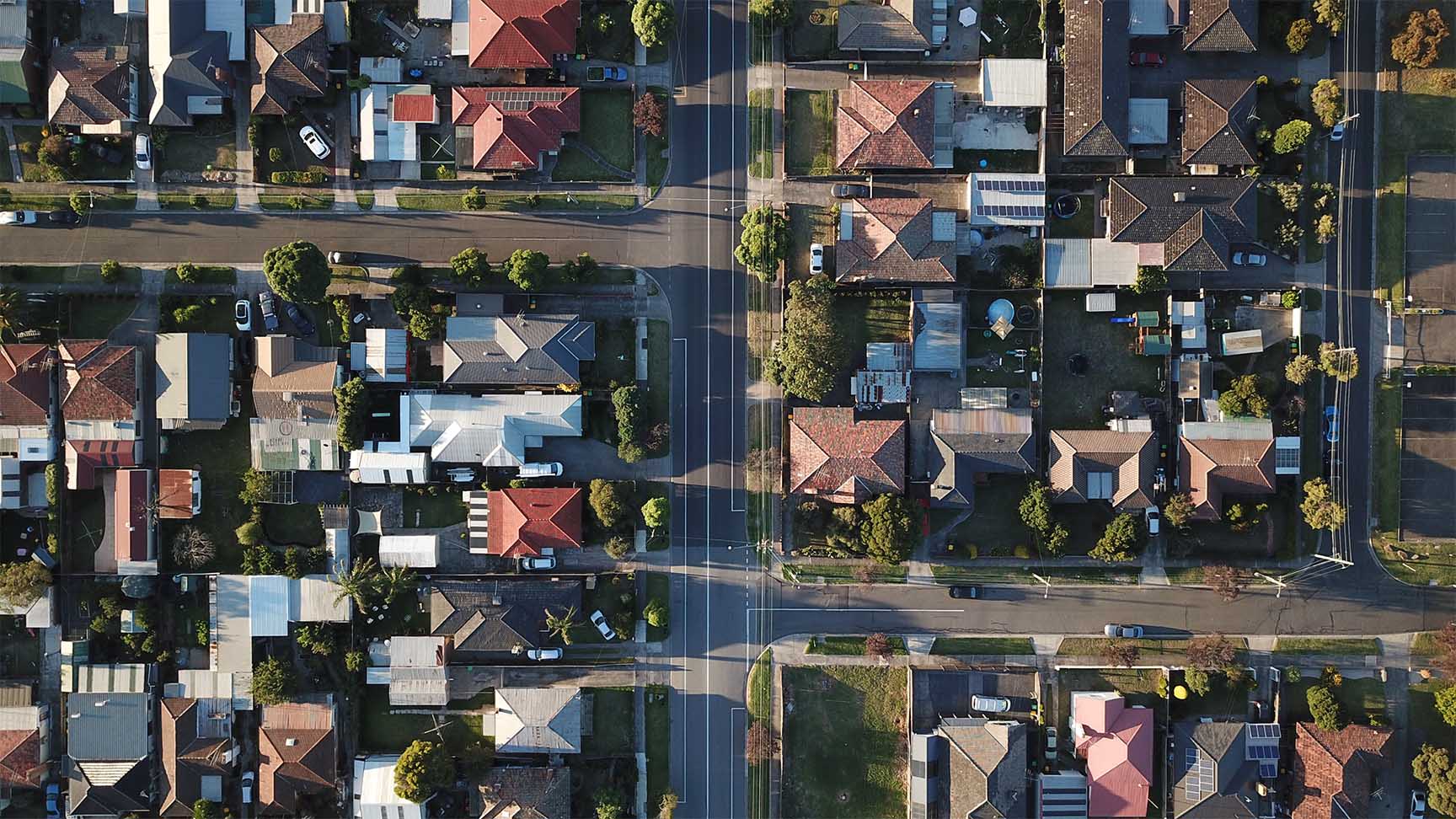
Campaigns and organisations we support
How to get involved
- Get a better understanding of the causes and solutions of homelessness and social disadvantage by reading our policy submissions
- Follow us on Facebook, Instagram, Twitter and LinkedIn for advocacy news.
Don’t miss a beat
Learn more about homelessness and how we can solve it together in our newsletter, Heartbeat

